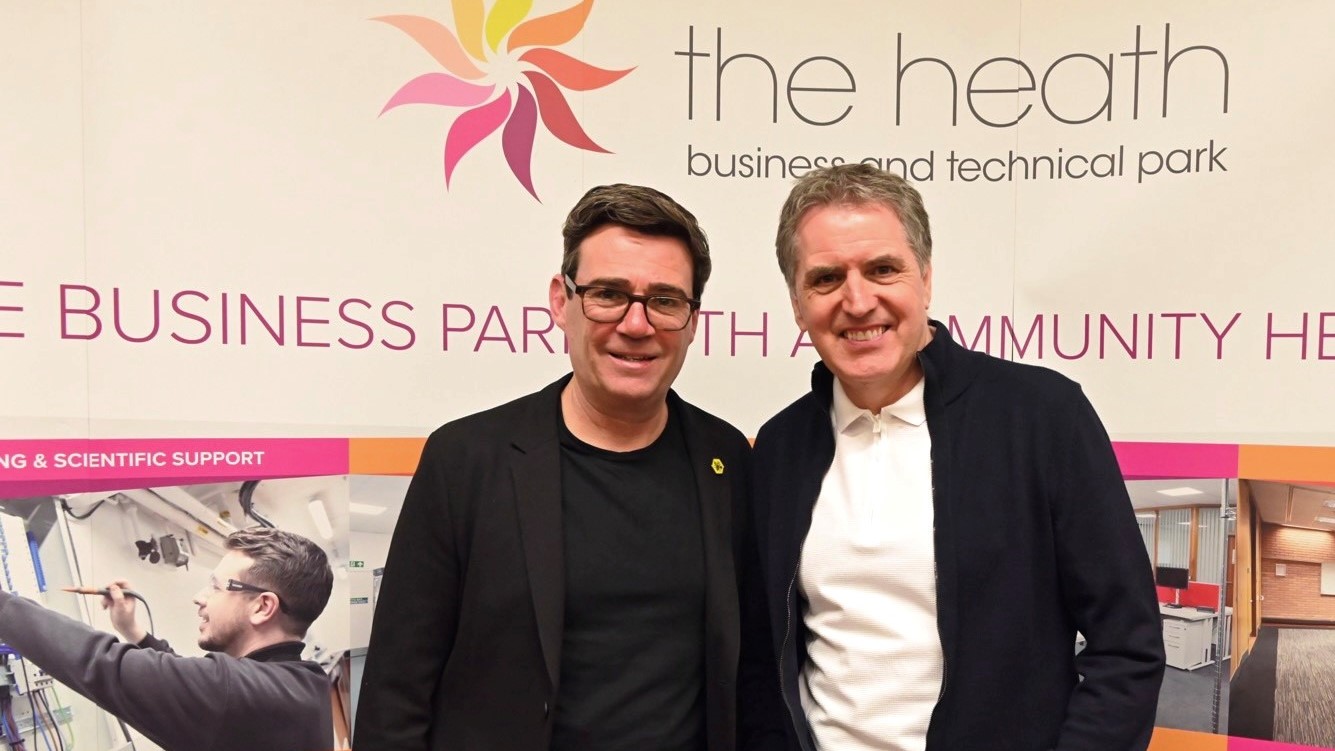Reflections on a 38 year career in nursing
When I was invited to write this blog for international nurses’ day, the anniversary of the birth of Florence Nightingale, my first thought was how will I condense 38 years of nursing into 750 words? Like all registered nurses who have been re-registering with the Nursing and Midwifery Council (NMC) I decided to reflect on my practice, shaped by the theme for international nurses’ day: A Voice to Lead – Invest in nursing and respect rights to secure global health.
When I started nursing, I was an 18-year-old from a local council estate with no personal or family history of nursing and no real idea of what mental health nursing was really like. The reality in the 1980’s was that nurse training was like an apprenticeship, it focused mainly on doing the day-to-day job. To learn at a deeper level, I quickly realised how important it was to learn by questioning others and their practice. To not to offend this approach had to be sensitive especially where it challenged the status quo. At that time society was still taking an ‘out of sight out of mind’ approach to mental health care. There were therapeutic stars striving to deliver good quality mental health care and these role models helped me ground my practice. Teaching me the importance of doing the right thing even in difficult times. Knowing what was right became a lifelong learning journey, a vision of my practice. Knowing does not happen in a vacuum. It is shaped by critically reflecting on and learning from my practice experiences with the goal of improving my practice, for me being an ethical nurse.

Over the next twenty years the context of mental health nursing changed, mental health care became community focused, and nursing was moving towards becoming a graduate profession. My career was progressing, I worked as a clinician in several leadership roles, but I felt I could always deliver better care. The mental health nurse unlike the adult nurse is predominately the medium for treatment delivering various psychological and social interventions. To better my practice I had to be a better me, upping my game in a more formal way. I made the decision to supplement my practice learning through undertaking and self-funding several qualifications. During this process I started to recognise the importance of practice informed by research, especially where the intention was on improving care outcomes.
In 2002, I joined Liverpool John Moores University (LJMU) as a mental health nursing academic. At this time in nursing academia research and teaching appeared to be separate entities. As part of this role, I authored/edited mental health nursing textbooks, which aimed at supporting pre-registration nurses on the journey towards registration. On behalf of the NMC I also undertook a role as a pre-registration programme reviewer. Over a decade in this role, I reviewed over 20 mental health nursing programmes including being involved in the development of the NMC’s professional standards for pre-registration nursing as a subject matter expert. My role as a nurse teacher changed as I jumped into the world of research and innovation, firstly through my successful PhD studies in mental health ethics and secondly, through luck.
In 2011, I was asked, out of the blue, by a Dutch led research collaborative to be part of a bid team. The bid was successful becoming the Innovate Dementia project a 5.4-million-euro transnational project consisting of partners across Europe. The central aim of the project was to engage with people living with dementia to develop innovative ways of addressing their everyday challenges. Building on the success of this project, I established a Health Innovation Centre at LJMU, which is European accredited.
Over the last ten years, the Centre has undertaken real world research, which now has a wider reach than dementia. The Centre team have worked in partnership with both national and international partners on several research-to-innovation projects, securing in partnership nearly £20 million of funding and producing over eighty diverse research-to-innovation outputs.
Writing this blog has been cathartic, I recognise my clinical and academic practice has always been grounded in a sense of doing the best I can within my practice, mediated by the needs of ‘patients’ I work with, whether it be a local or international level. The good news story for aspiring nurse academics of the future is nurses are now encouraged by collaboratives such as the Liverpool Health Partners to pursue an academic career with clear mechanisms of support in place, which includes coaching and mentorship programmes.



